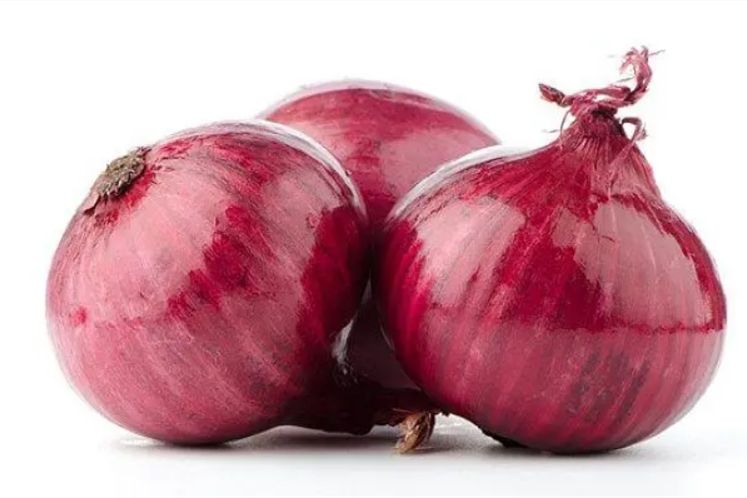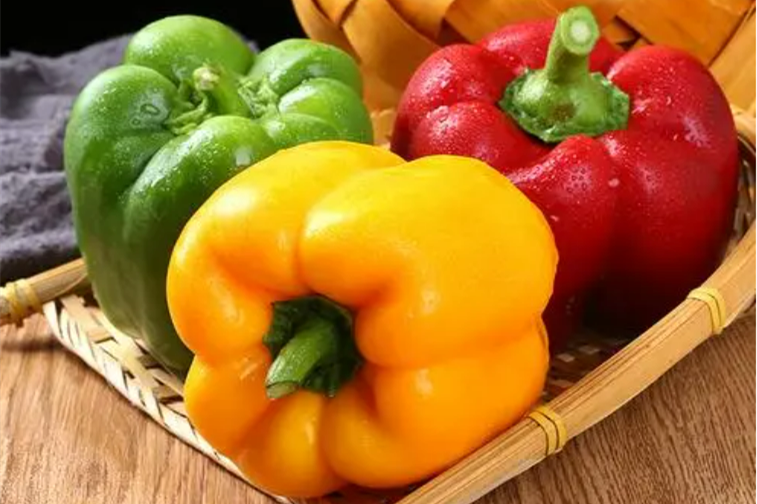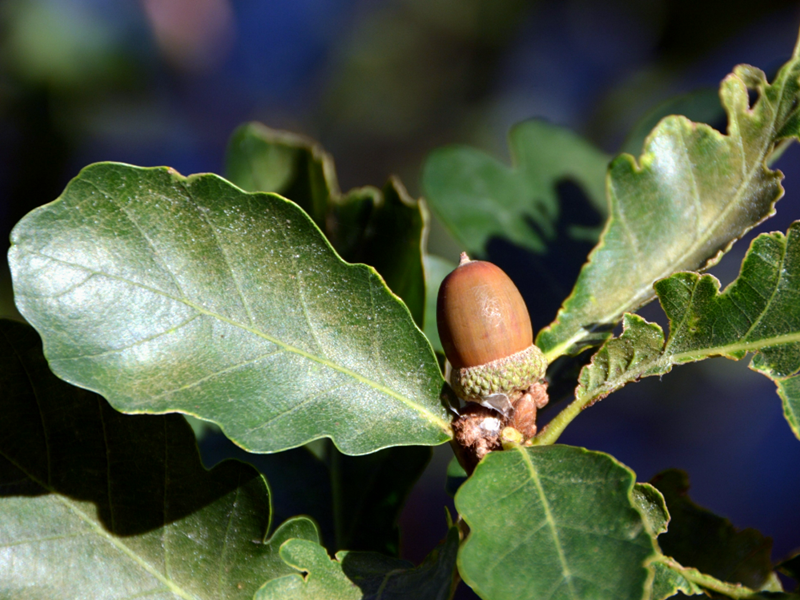Quercetin is a subclass of flavonoids, flavonols that is widely found in the stems, flowers, leaves, buds, seeds and fruits of many plants, mostly in the form of glycosides, such as rutin, quercetin, hypericin, etc, which can be obtained by acid hydrolysis. Quercetin has antioxidant, anti-inflammatory, and anti-cancer activity. This flavonoid is found effective in the prevention of various chronic diseases including vascular disease (relating to blood vessels), Alzheimer’s, and atherosclerosis. Quercetin extract has other health benefits and can protect against diseases like osteoporosis, certain forms of cancer, lung and heart diseases, and can even help with aging.
These plant compounds have many health benefits when consumed and having a lot of different types of quercetin helps you fight off diseases and keep yourself healthy. According to a 2019 Market Watch report, the market for quercetin is overgrowing as its health benefits become more well-known. Quercetin is found in many fruits, vegetables, tea, red wine and some herbal. In our diet, we can eat more of the following vegetables and fruits to get quercetin, like asparagus, red onions, apples, plums, green tea, lemons, peaches, berries (such as blueberries, cranberries, and raspberries) and grapes, just to name a few.
Red onions
Onions contain a large number of phytonutrients. These compounds help reduce the risk of many diseases. In particular, they are believed to lower the risk of arthritis and cardiovascular diseases. Red onions are rich in quercetin, a flavonoid may protect the heart, preventing it from being damaged by oxidative stress. Researchers believe that onions may also lower the risk of gastric ulcers. In fact, a study conducted by the University of Wisconsin-Madison suggests that pungent onions have a higher concentration of health-promoting nutrients than mild onions. Studies have shown that yellow and chartreuse onions contain more quercetin than white and red onions.
Asparagus
Asparagus is a great food choice because it contains more quercetin than many other foods. A high intake of this nutrient is linked to a reduced risk of chronic illnesses. It is also rich in folate, vitamins, fiber and minerals such as potassium, which helps to lower blood pressure. Having a high amount of folate in your diet reduces the risk of neural tube defects.
Hot peppers
Hot peppers are used in a variety of dishes. In addition to the color, flavor and pungency of chili peppers, they have antioxidant properties. These compounds have been linked to reduced pain from neuronal dysfunctions and neuropathic diabetes. Flavonoids in chili fruit have been identified, it play an essential role in protecting the body from oxidative damage. This may help prevent chronic diseases, such as heart disease and cancer. The compounds in bell peppers have also been shown to improve eye health.
Dill and cilantro
Cilantro and dill are two plants that contain quercetin. They contain 53 milligrams and 55 milligrams per 100 grams of the herbs respectively. Dill and dill extract have been shown to have anticancer and anti-inflammatory properties. They also lower blood pressure and LDL cholesterol levels. It is an antioxidant and may help to reduce the cellular damage caused by oxidative stress. The herb Coriander has the scientific name of Coriandrum sativum. It is a plant that is native to Southwest Asia and Africa. The leaves of the plant are small, and flat, and have a pleasant zesty taste. They have been used to flavor many dishes, especially in salsas and soups in Asia. These herbs have a rich amount of flavonoids, which include luteolin, apigenin, and rosmarinic acid. Flavonoids are known to have anti-inflammatory and anti-bacterial effects.
Herbal plant
Quercetin is also be abundant in some medical herbal such as quercus iberica, dysosma veitchii, hypericum ascyron, apocynum lancifolium and so on. It is found in sophora japonica, Cacumen biotae, galangal, common coltsfoot flower, mulberry leaves, panax notoginseng, ginkgo leaf, elderberry, Tartary buckwheat and so on.
- Dandelion Extract: What It Is, Benefits, Uses and Side Effect - April 23, 2024
- Is Berberine Extract Help For Weight Loss? - April 11, 2024
- Why Is Pysllium Husk Powder A Popular Meal Replacement Ingredient? - April 3, 2024





